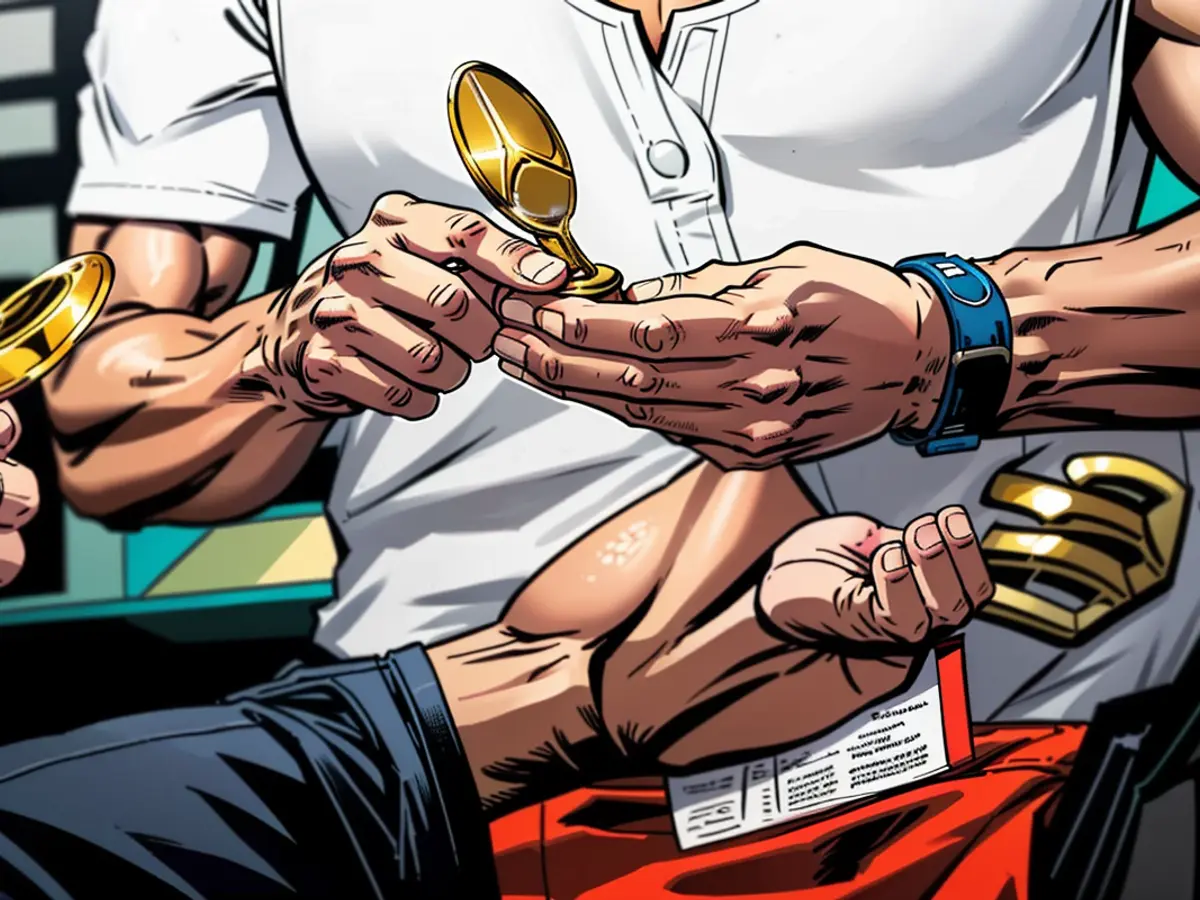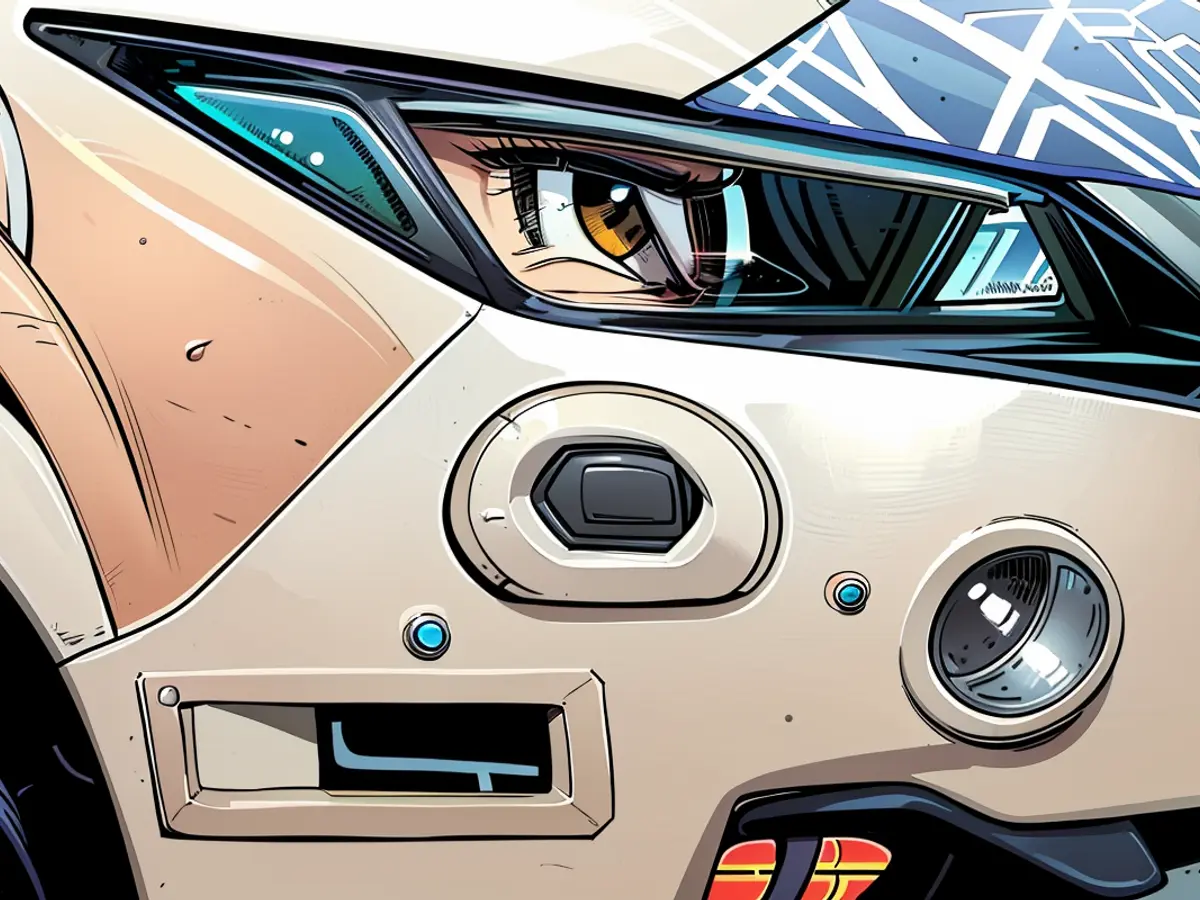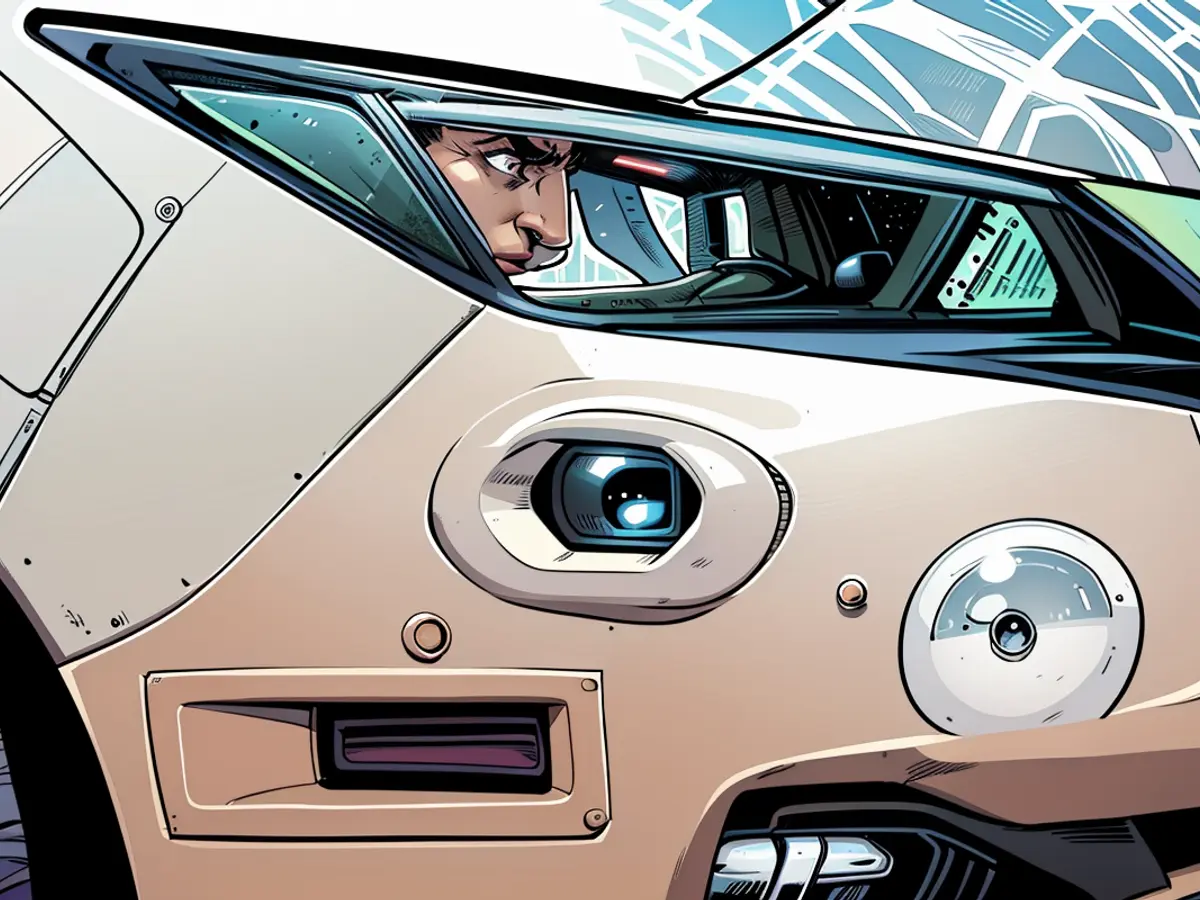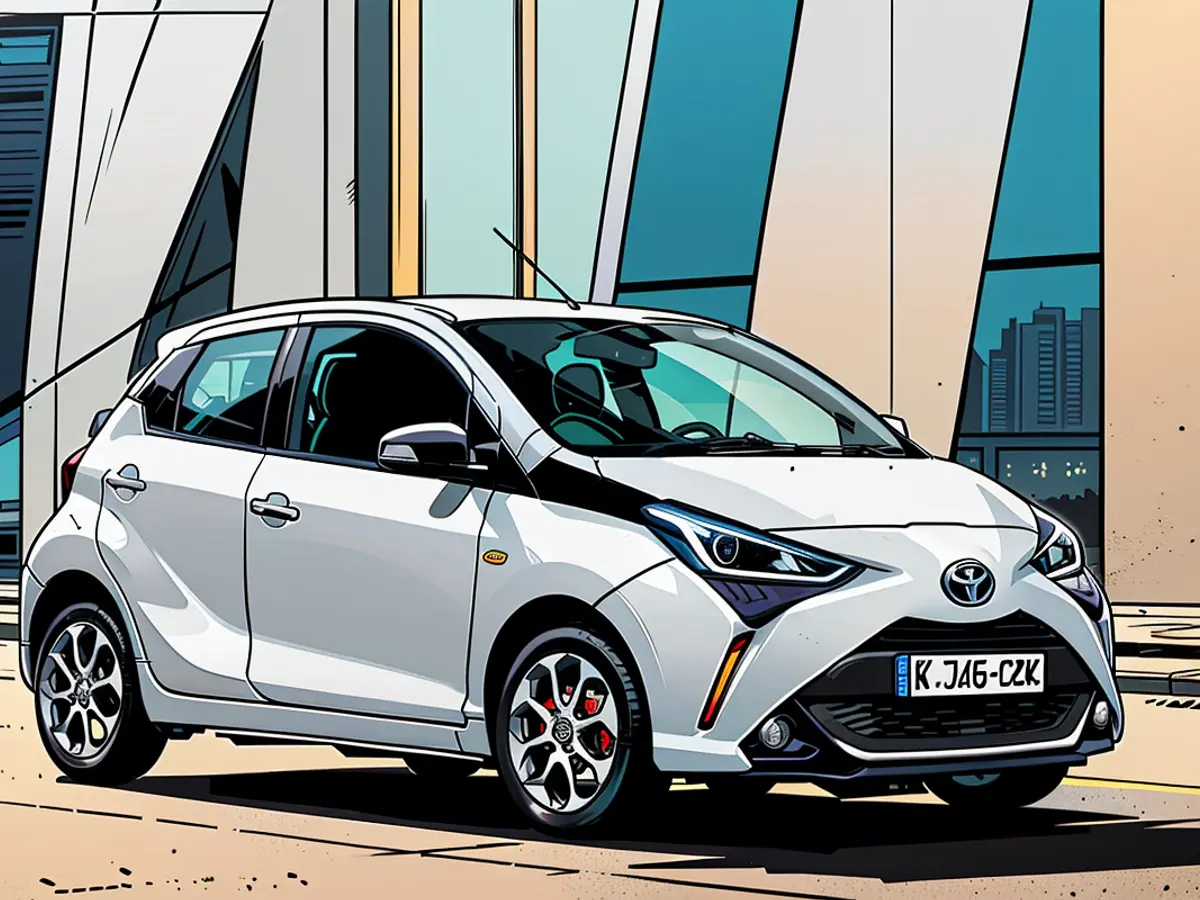safeguarding your investment while purchasing a vintage automobile from potential fakes
Two winged door-shaped entrances, sharing the same vehicle identification number: The controversy surrounding Mercedes restorer Kienle was merely the surface of a much larger issue. Counterfeiters lurk in the shadows of the classic car community. However, collectors have the power to safeguard themselves.
Undercover raids, confiscations, sensational headlines in specialized publications, and ultimately, bankruptcy - the controversy surrounding Mercedes restorer Kienle, located in Heimerdingen near Stuttgart in the early summer of 2023, could have been the plot for a crime drama on television. Kienle is accused of manufacturing and selling replica winged doors and marketing several vehicles with the same VIN. The public prosecutor's office is investigating, and Kienle denies the allegations.
Regardless of this situation, Frank Wilke from market observer Classic Analytics in Bochum claims that as classic car values have skyrocketed, so too have the instances of counterfeits and fraud attempts.
"Today, there are more classic cars like the Ferrari 250 GTO, the Porsche 911 RS 2.7 with its ducktail, or the Mercedes 300 SL on the roads than were ever produced," says Sebastian Hoffmann. And he speaks from experience.
Hoffmann is not only a vehicle appraiser in the Frankfurt Classic City but also acts as an automotive forensics expert for the TÜV subsidiary FSP. He examines classic vehicles using scientific techniques similar to those employed by law enforcement agencies to establish their authenticity.
Expert reports can be a worthwhile investment
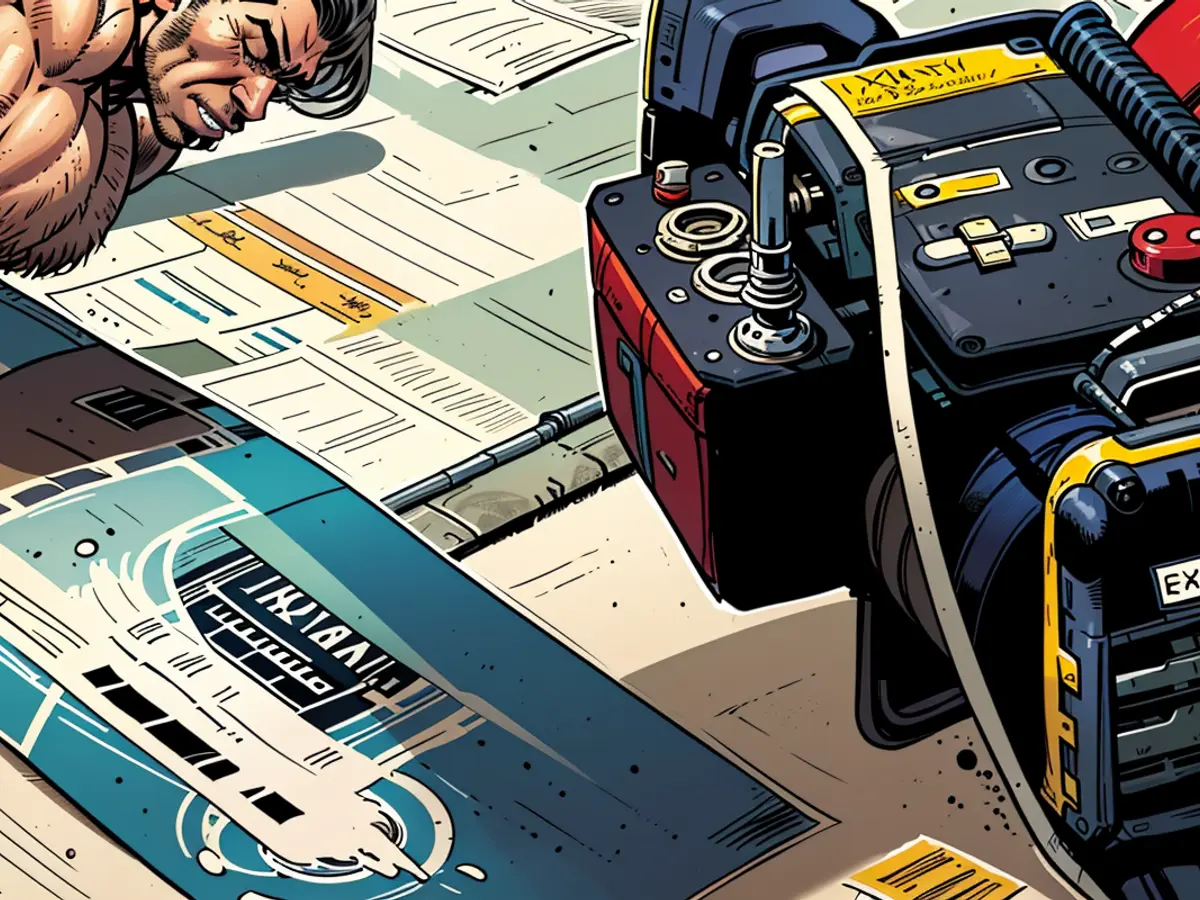
Such expert reports, which are also available in the classic car departments of manufacturers like Porsche, Mercedes, or Ferrari, can be pricey but are a wise investment for vehicles with seven-figure values, according to Hoffmann. And there's an additional benefit, he adds.
"Often, a simple plausibility check or a thorough analysis of documents for a few hundred or thousand euros is enough to confirm the authenticity," says the forensic expert. "And that's also worth it for collector's vehicles and ordinary civilian cars within the middle price range." Particularly, given that counterfeiters have even targeted popular models like specific versions of the Porsche 911 or even the Golf GTI.
The trail often leads to Eastern Europe and Asia
It's not just full-sized automobiles that are being duped, explains Tobias Stieber. He works for Mercedes Heritage GmbH's Brand Protection team and reports that in 2024, there were over 600 international raids in which over 1.6 million counterfeit products worth over 129 million euros were confiscated. It might be difficult to track down the perpetrators, and legal action can sometimes be impossible, Stieber notes. Many online sellers are based in Eastern Europe or Asia, where the reach of the law may be limited, the Swabians concur.
Mercedes, of course, takes protecting its intellectual property rights very seriously. "But it's not just about defending our rights," says Stieber. "It's also about protecting our customers." Many of these defective parts may break down prematurely, harm the car's performance, or, in extreme circumstances, reduce safety, Stieber warns. This is especially concerning with important components such as brake discs, wheels, or steering parts, which counterfeiters and product pirates often offer.
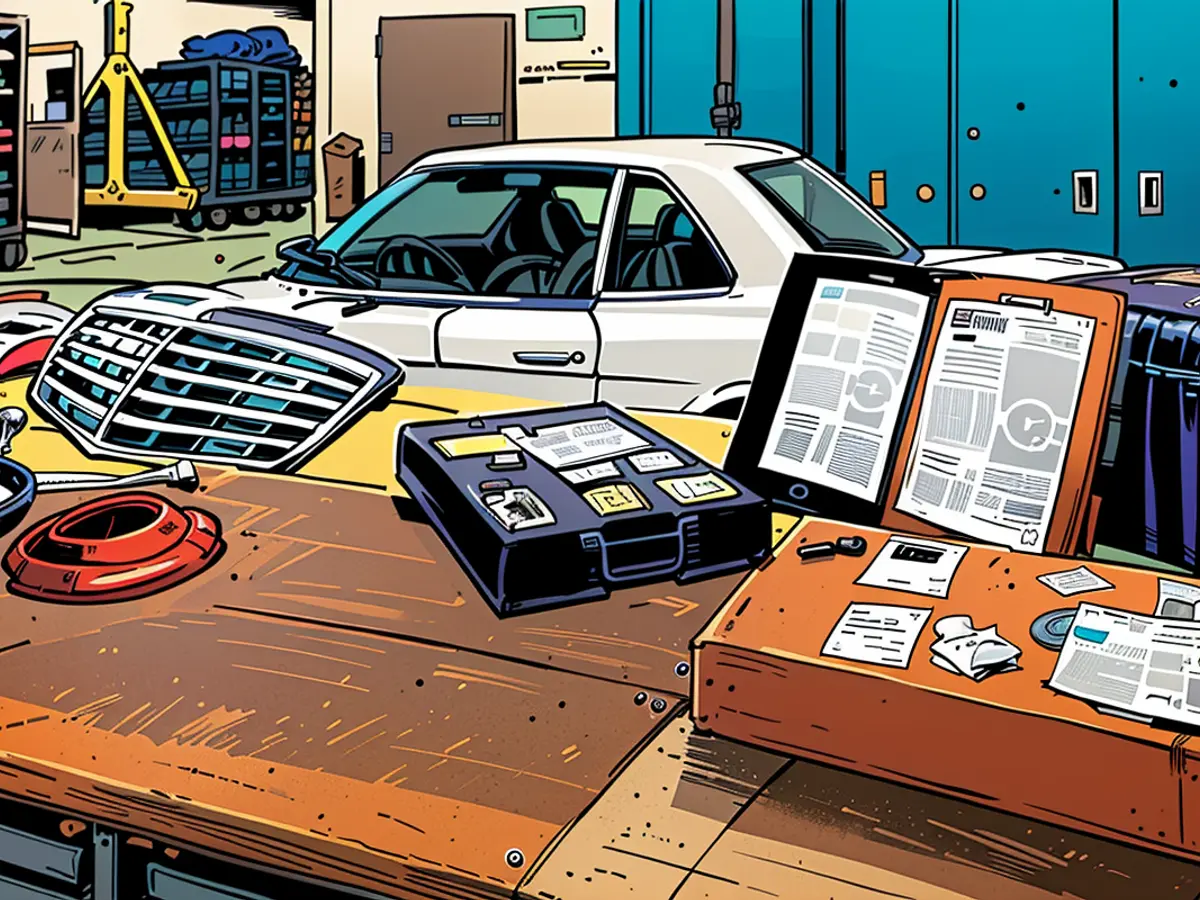
Indeed, Mercedes maintains a vast inventory of around 160,000 spare parts for 57 models, ranging from the patent motor car to the Baby-Benz, with more than 20,000 to 25,000 new components added annually, according to spokesperson Peter Becker. However, while owners of million-dollar classics are generally willing to pay high prices for genuine parts, the demand is not the same for newer vehicles.
"Therefore, in addition to new parts, many companies also offer refurbished used parts. You can obtain discounts if you deliver defective components for remanufacturing, and many end-of-life vehicle recyclers now have well-stocked online shops with removed original parts," says classic car expert Wilke.
There are alternatives where you can be fairly certain of obtaining an original part. The once-romantic or laborious search for suitable parts on the junkyard is now largely a thing of the past, according to Wilke.
Without a doubt, the Kienle scandal has caused shockwaves in the classic car world. However, experts like Wilke and Hoffmann are hopeful that it has served as a wake-up call, making collectors more discerning when purchasing classic vehicles and spare parts.
Interestingly, the Kienle scandal ended on a positive note. To bolster its staff, build its spare parts stock, and expand its workshop capacity, Mercedes Classic Center absorbed some of Kienle's operations and mechanics.
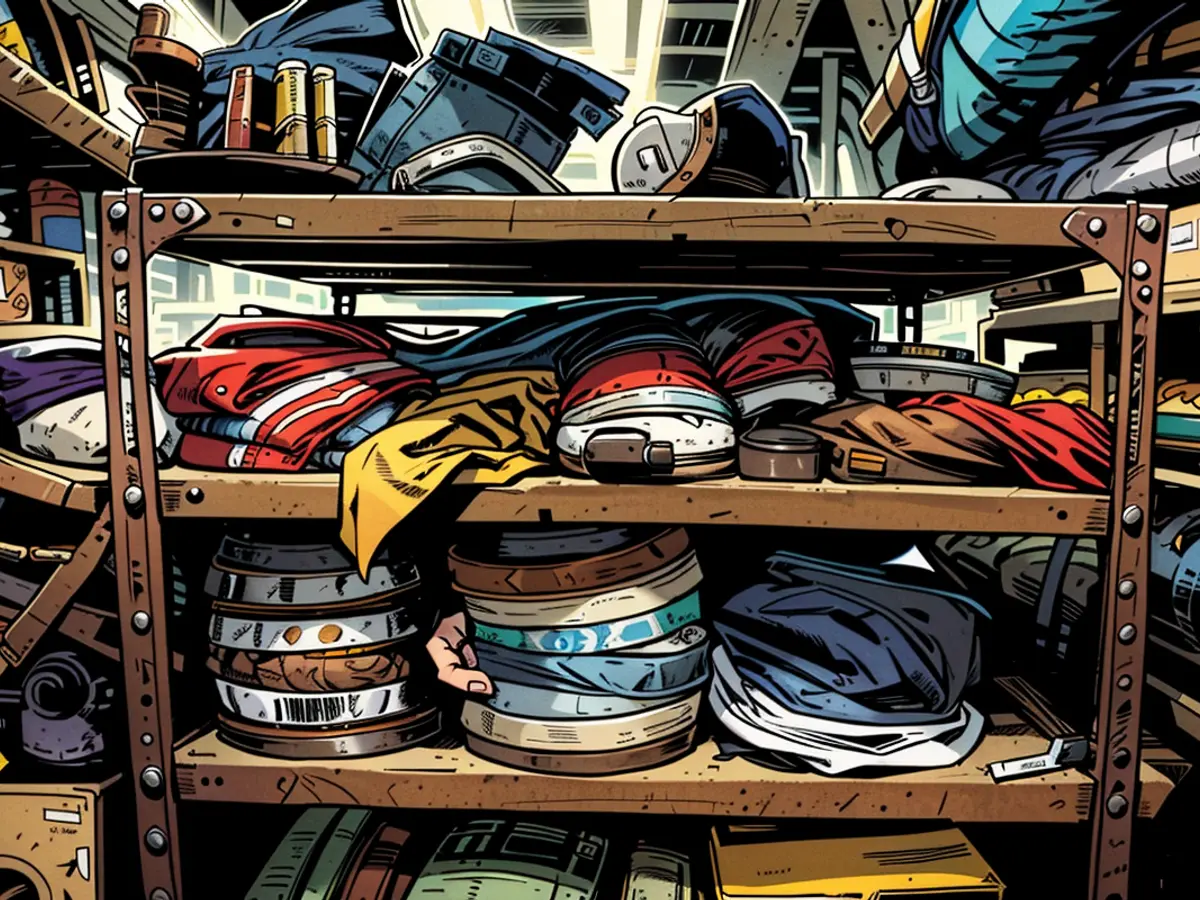
- To safeguard against counterfeit parts in the classic car market, collectors can invest in expert reports from vehicle appraisers or automotive forensics experts, as suggested by Sebastian Hoffmann.
- According to Tobias Stieber from Mercedes Heritage GmbH's Brand Protection team, many online sellers of counterfeit parts are based in regions like Eastern Europe and Asia, making legal action challenging due to limited law enforcement reach.
